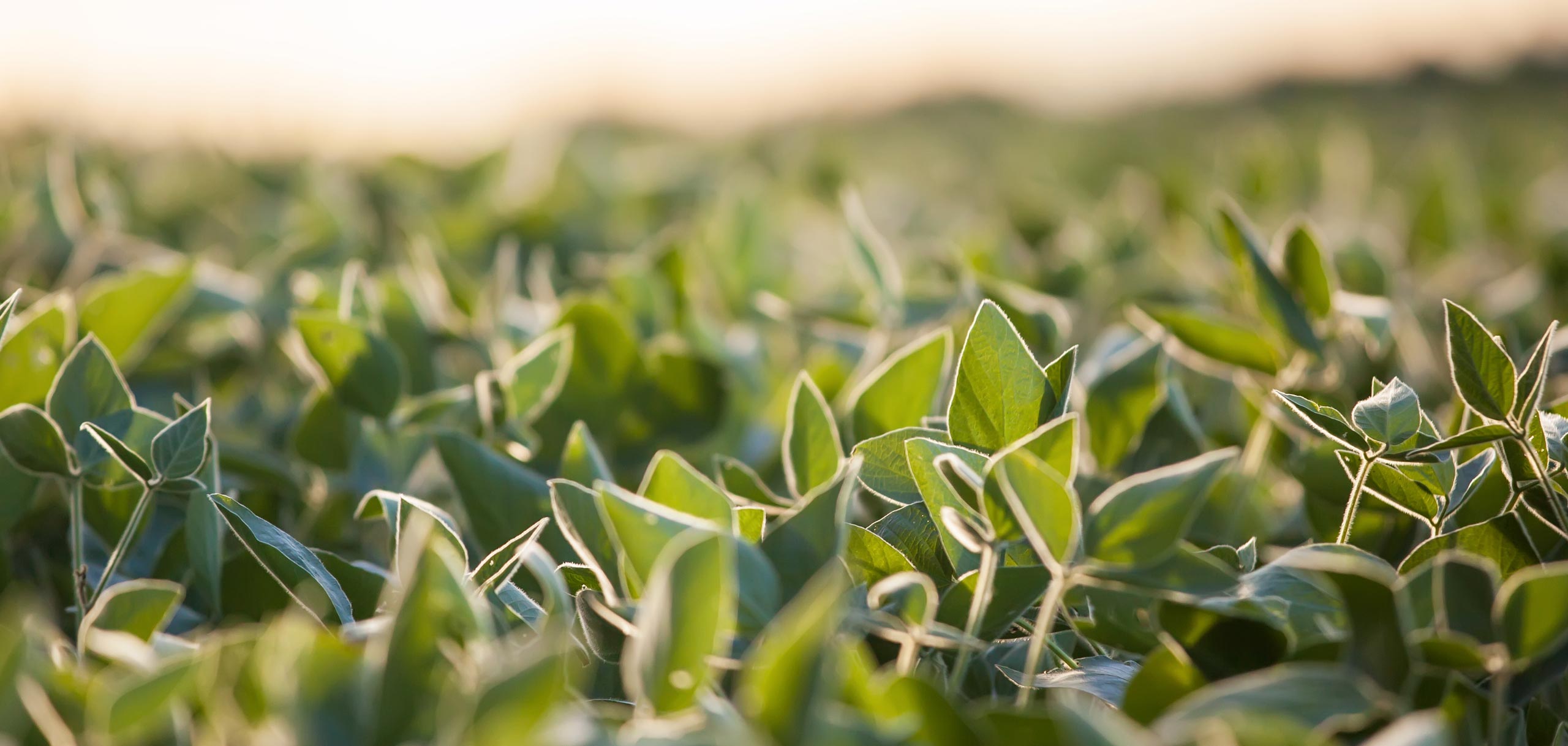Harvard Expert Encourages Agricultural Innovation and Sustainability as Keys to Solution for a Growing World’s Needs
- Category:
- General News

Professor Calestous Juma of the Harvard Kennedy School's Belfer Center for Science and International Affairs recently spoke to graduates of McGill University in Montreal, Canada and touted agricultural innovation and sustainability as key solutions to supply enough food to a growing world, especially developing nations.
"As the world's food challenges increase, so must humanity enlarge its toolbox to include genetic modification and other technologies. . .for monitoring land resources," stated Dr. Juma. "But these techniques are not silver bullets. They must be part of a wider system of innovation that includes improving interactions between academia, government, business and farmers." Dr. Juma, professor of the practice of international development and director of the Kennedy School's Science, Technology and Globalization Project, went on to explain that genetically designed crops, since their commercial introduction in the mid-1990s, have added approximately $100 billion to world crop output, helped farmers to avoid massive pesticide use and greenhouse gas emissions, spared large tracts of land and fed additional millions of people worldwide.
Of the 28 countries currently growing transgenic crops, only four are African nations, including South Africa, Burkina Faso, Egypt and Sudan. As world population grows and the demand for food continues to rise, there will be a shortfall of crops, especially in developing nations, providing an opportunity for U.S soy exports to increase with this demand.